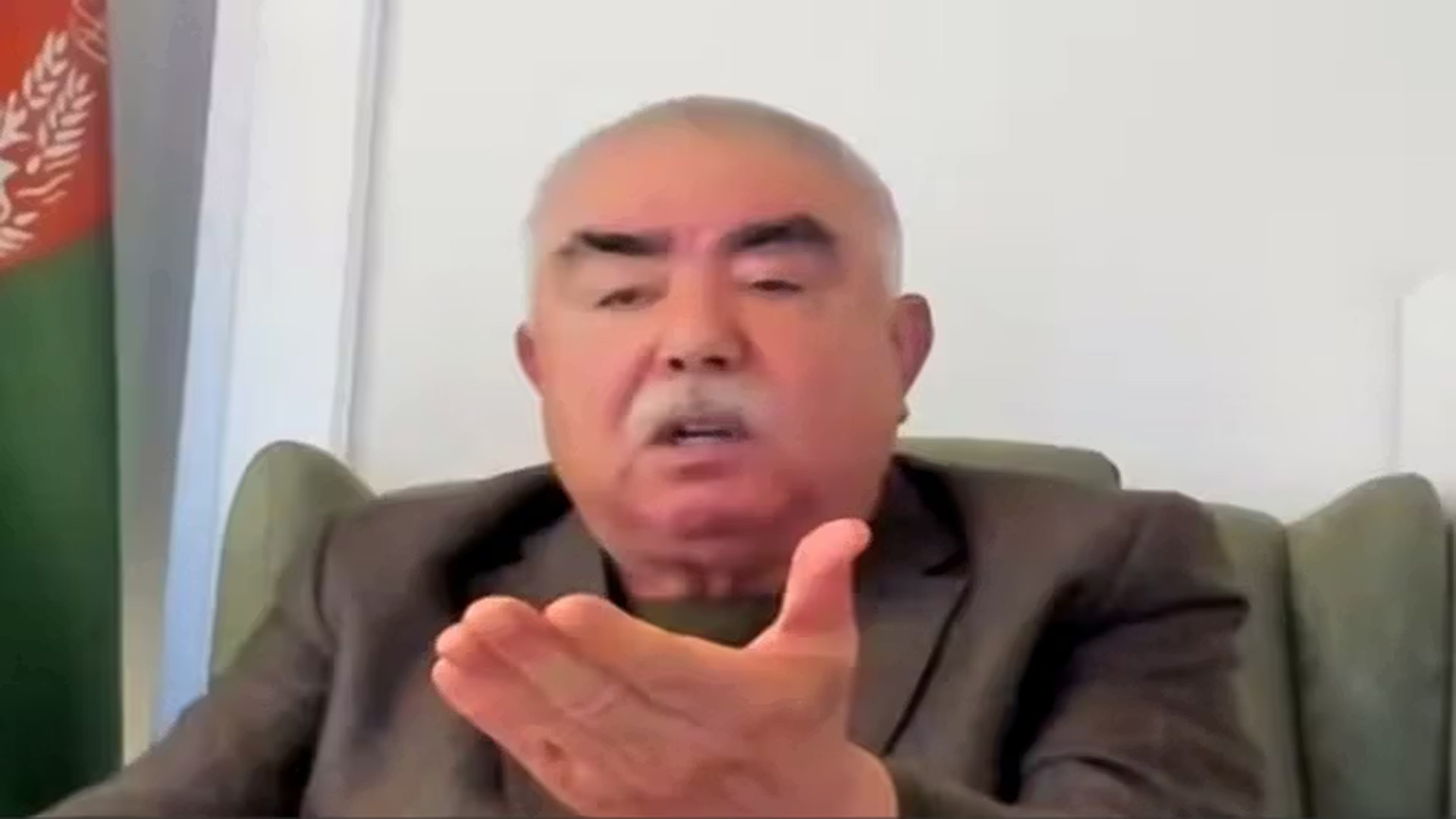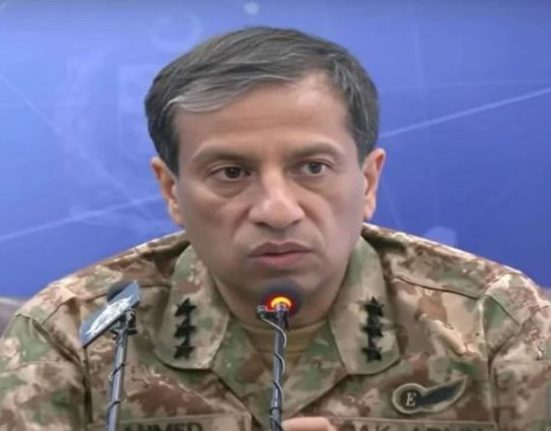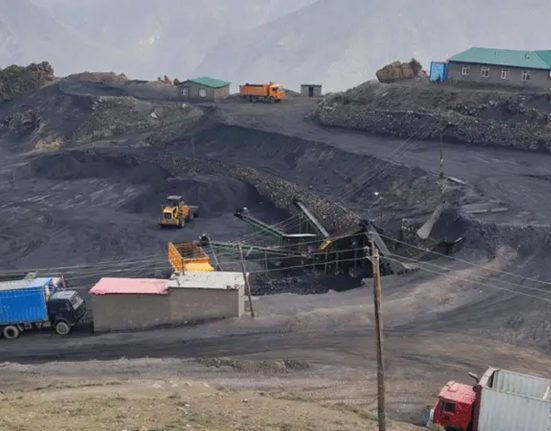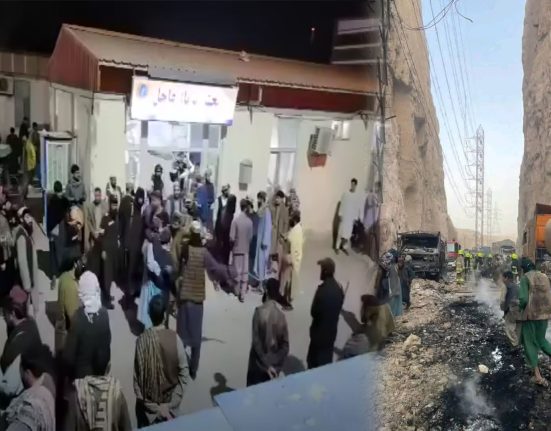
Dostum: “Sloppy” struggle is useless, and freedom is not possible with “chatting.”
On the fourth anniversary of the Taliban’s return to power in Afghanistan, Abdul Rashid Dostum, former vice president and one of the prominent figures of the Resistance Front, openly criticized the dispersion of anti-Taliban forces and emphasized the need for a field and organized struggle.
At the meeting of the Supreme Assembly of the National Council of Resistance for the Salvation of Afghanistan, he said that the freedom of Afghanistan will not be achieved solely through dialogue and superficial political programs, and that no tangible change will be achieved until a real struggle takes place in the field.
Referring to the difficult living conditions of the people and economic and social pressures, Dostum added that saving the country requires coherent leadership and coordination among all anti-Taliban fronts.
He emphasized that the Supreme Council of Resistance for the Salvation of Afghanistan, consisting of 17 major political parties and movements, can act as a “big umbrella” to bring together scattered forces and provide the necessary cohesion to confront the Taliban.
According to Dostum, previous efforts were made but were forgotten after a while, and these delays have actually benefited the Taliban.
Political analysts say Dostum’s remarks reflect the fundamental challenges facing the opposition in Afghanistan; on the one hand, the fragmentation and lack of coordination among anti-Taliban movements, and on the other, the lack of an effective leadership, have limited the path of resistance.
He warned the opposition Taliban leaders that time is crucial for planning and activating the battlefield, and further delay will lead to the strengthening of the Taliban’s position inside the country.
These remarks coincided with the anniversary of the Taliban’s return to power; an event that ended more than two decades of the republican system and plunged Afghanistan into a period of repression, social restrictions, and a crisis of legitimacy.
Dostum’s message is clear: Without unity, organization, and field struggle, even the scattered military and political capabilities of the resistance forces cannot lead to changing the status quo and regaining freedoms.
Analysts believe that creating a united front and a clear strategy for resistance is the only way to prevent the Taliban from establishing themselves in the long term and restore legitimacy and security in Afghanistan.







